Oblasts of Russia
An oblast (Russian: область) is a type of federal subject of the Russian Federation.
| Oblast | |
|---|---|
_with_numbered_oblasts.png.webp) | |
| Category | Federated state |
| Location | Russian Federation |
| Number | 46 |
| Populations | 156,996 (Magadan Oblast) – 7,095,120 (Moscow Oblast) |
| Areas | 5,800 sq mi (15,100 km2) (Kaliningrad Oblast) - 554,100 sq mi (1,435,200 km2) (Tyumen Oblast) |
| Government | Oblast Government, Oblast Duma |
| Subdivisions | Raion, City of oblast significance, Selsoviet, Okrug, Urban-type settlement |
Overview
Oblasts are a constituent political entity in a federal union under with representation in the Federation Council, and serve as a first-level administrative division. Each oblast features a state government holding authority over a defined geographic territory, with a state legislature, the Oblast Duma, that is democratically elected. The Governor is the highest executive position of the state government in an Oblast, and is elected by people. Oblasts are divided into raions (districts), cities of oblast significance (district-equivalent independent cities), and autonomous okrugs, which are legally federal subjects equal to an oblast but are administratively subservient to one. Currently only 2 oblasts still have autonomous okrugs: Arkhangelsk Oblast (Nenets Autonomous Okrug) and Tyumen Oblast (Khanty-Mansi Autonomous Okrug and Yamalo-Nenets Autonomous Okrug).
The term oblast can be translated into English as "province" or "region", and there are currently 46 oblasts, the most common type of the 85 federal subjects in Russia. The majority of oblasts are named after their administrative center, the official term for a capital city in an oblast, which is generally the largest city. Exceptions to this include Leningrad Oblast and Moscow Oblast, which have no official capital, and Sakhalin Oblast, which is named after a geographic location. Leningrad Oblast and Sverdlovsk Oblast retain the previous names of Saint Petersburg and Yekaterinburg, respectively. Oblasts are typically areas that are predominantly populated by ethnic Russians and native Russian language speakers, and are mostly located in European Russia. The largest oblast by geographic size is Tyumen Oblast at 1,435,200km2 (excluding autonomous okrugs Irkutsk Oblast is the largest at 767,900km2) and the smallest is Kaliningrad Oblast at 15,100km2. The most populous oblast is Moscow Oblast at 7,095,120 and the least populous is Magadan Oblast at 156,996.
Comparison with other types of federal subjects
Krais, another type of federal subject, are legally identical to oblasts and the difference between a political entity with the name "oblast" or "krai" is purely traditional.
History
In the Russian Empire, oblasts were a third-level administrative division, organized in 1849 and few in number, dividing the larger guberniyas (governorates) within the first-level krais. Following the numerous administration reforms during the Soviet era, the number of oblasts gradually increased as they became the primary top-level administrative division of the Soviet Socialist Republics (SSRs), the constituent political entities of the Soviet Union. These oblasts held very little autonomy or power, but when the Soviet Union dissolved into sovereign states along the lines of the SSRs, they became the first-level administrative divisions. The oblasts of the Russian SFSR, which transitioned into the Russian Federation, became the first-level administrative divisions of the new country and received greater devolved power.
List of Oblasts in Russia
 Amur
Amur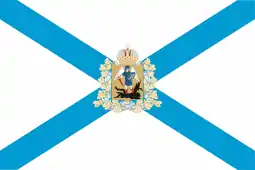 Arkhangelsk
Arkhangelsk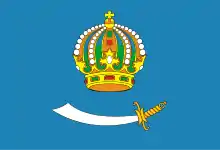 Astrakhan
Astrakhan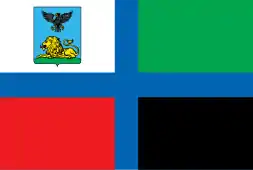 Belgorod
Belgorod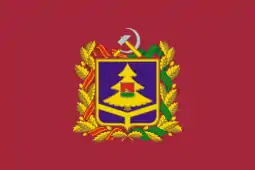 Bryansk
Bryansk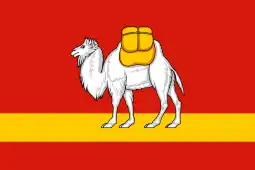 Chelyabinsk
Chelyabinsk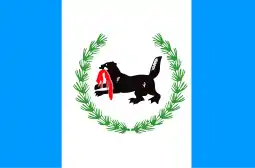 Irkutsk
Irkutsk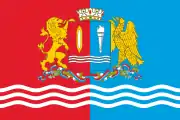 Ivanovo
Ivanovo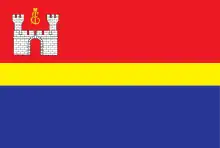 Kaliningrad
Kaliningrad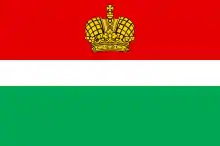 Kaluga
Kaluga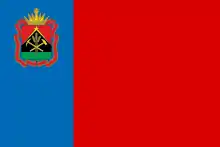 Kemerovo
Kemerovo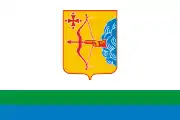 Kirov
Kirov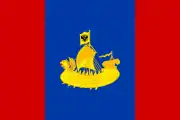 Kostroma
Kostroma Kurgan
Kurgan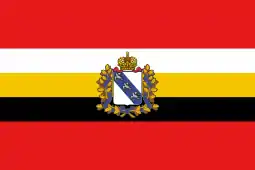 Kursk
Kursk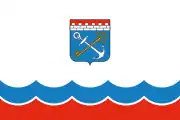 Leningrad
Leningrad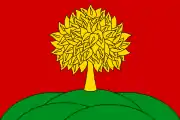 Lipetsk
Lipetsk Magadan
Magadan Moscow
Moscow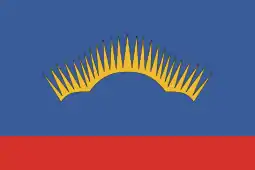 Murmansk
Murmansk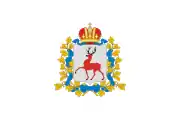 Nizhny Novgorod
Nizhny Novgorod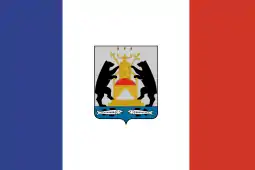 Novgorod
Novgorod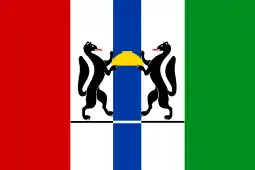 Novosibirsk
Novosibirsk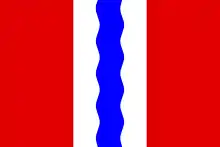 Omsk
Omsk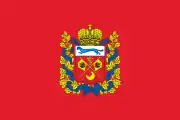 Orenburg
Orenburg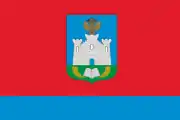 Oryol
Oryol Penza
Penza Pskov
Pskov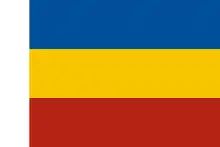 Rostov
Rostov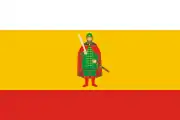 Ryazan
Ryazan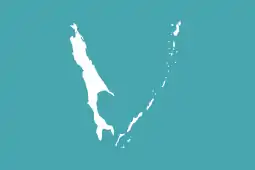 Sakhalin
Sakhalin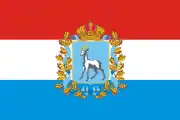 Samara
Samara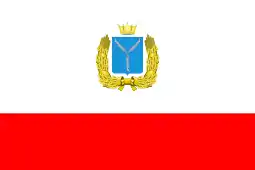 Saratov
Saratov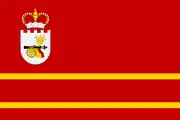 Smolensk
Smolensk Sverdlovsk
Sverdlovsk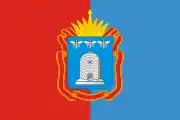 Tambov
Tambov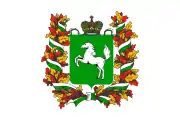 Tomsk
Tomsk Tver
Tver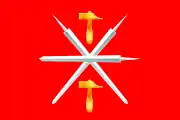 Tula
Tula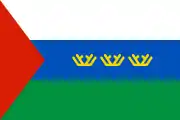 Tyumen
Tyumen Ulyanovsk
Ulyanovsk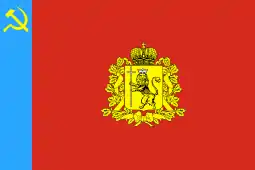 Vladimir
Vladimir Volgograd
Volgograd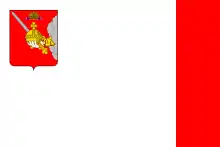 Vologda
Vologda Voronezh
Voronezh Yaroslavl
Yaroslavl